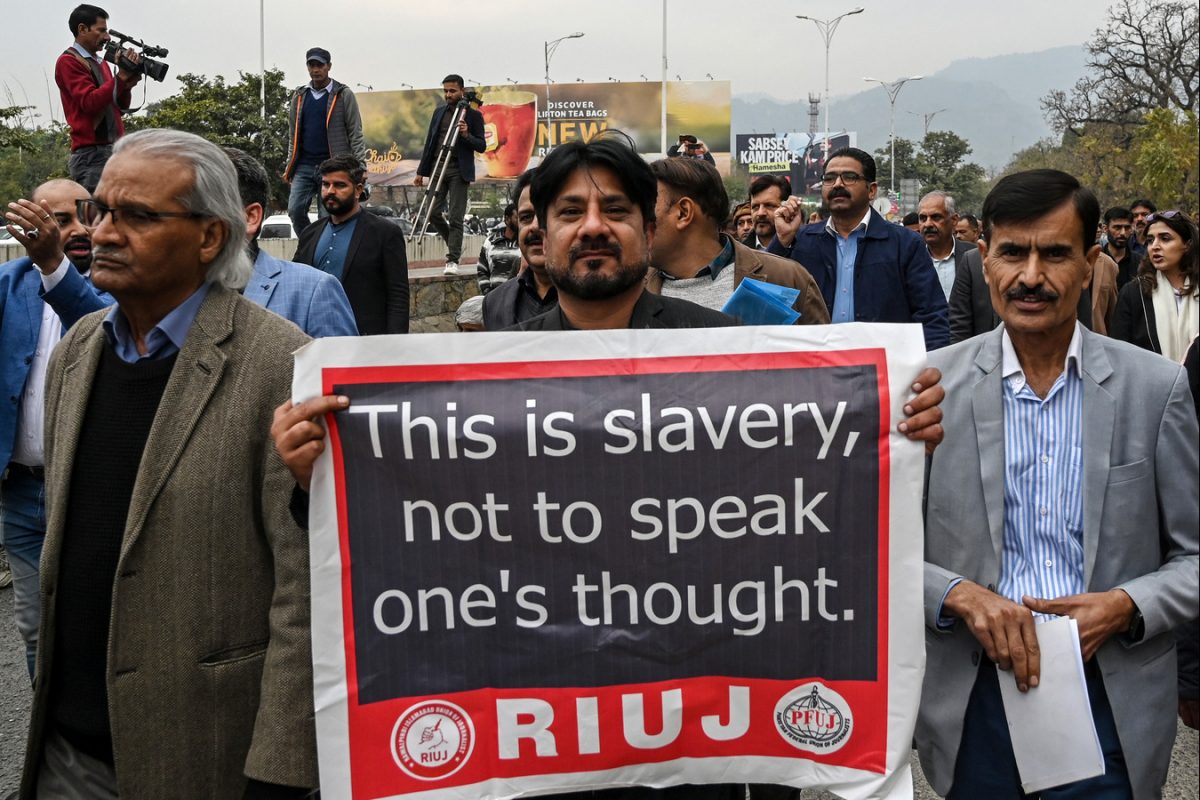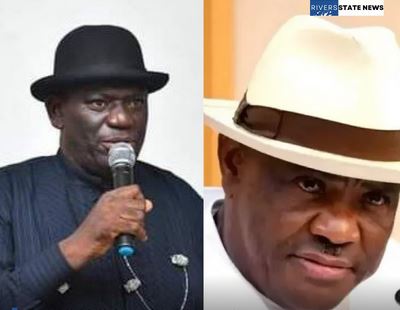
Experts have critiqued the new Prevention of Electronic Crimes Act (PECA) as a violation of personal freedoms. However, what they fail to recognise is that this law also silences those calling on the state to fulfil its constitutional duties It is frequently asserted that Pakistan’s internal challenges will remain unresolved until the country improves its domestic conditions and decisively defeats its internal enemies. This straightforward statement, while simple in theory, is much more complex when it comes to execution.
The central question that arises is: who will implement this? According to the Constitution, legislative bodies are tasked with creating the framework that allows the state’s governance to function. Under the legal system, institutions created by the state are supposed to carry out their duties through their designated officials. On paper, this is a practical and standard principle, yet it is effective only in states that do not assume responsibility for repairing the beliefs and ideologies of their citizens.

Many would quickly ask: What, then, is the role of the state? The answer is straightforward: the state’s responsibility is in matters concerning public welfare, ranging from public health to ethical governance. While these issues remain in the hands of individuals, they are executed in accordance with state law, both individually and collectively. This distinction, however, is often overlooked in weak states, where there is a greater focus on creating laws rather than enforcing them.
In Pakistan, for instance, an abundance of laws exists, but the responsibility for enforcement remains largely absent. Enforcement and interpretation of laws are often left to powerful institutions or, in some cases, militant groups. Take the example of blasphemy laws.
Historically, these laws were designed to prevent the sacred figures and beliefs of different faiths from being publicly defiled. Looking beyond the framework of Pakistani historiography, these laws were not intended to target any particular religious group, nor was division a goal of the British colonial administration. Instead, the colonial authorities sought to protect the diverse religious populations from religious conflict.
However, the interpretation of these laws has shifted, and many now view them as a tool of exploitation. Still, one must understand that the colonial administration was operating in a region where divergent beliefs, ideas, and practices could easily escalate into social unrest or even anarchy—a reality that occurred with alarming frequency. This reality, however, is far from what was witnessed under British rule.
The current situation in India and Pakistan, where religious majorities often mistreat minorities, is a far cry from the colonial era. In these two newly formed nations, one religious group frequently exercises its dominance over another. In such a context, states appear either biased or passive, unwilling to take decisive action.
The state of Pakistan, when it comes to protecting its religious minorities from majority oppression, has failed to take any meaningful legislative action. Instead, the constitutional framework now allows for the creation of laws that suppress the very voices advocating for justice. Experts have critiqued the new PECA (Prevention of Electronic Crimes Act) law as a violation of personal freedoms.
However, what they fail to recognise is that this law does not just curb individual freedom—it also silences those calling on the state to fulfil its constitutional duties. The misuse of Pakistan’s blasphemy laws has inflicted immense suffering on thousands of citizens, and the state’s failure to act is glaring. In the past year alone, nearly 500 young people have lost their lives due to the exploitation of legal loopholes by opportunistic extremists.
When these individuals are convicted in lower courts—often under severe external pressure—they may face years before their appeals are heard, and by then, they are often dead, victims of vigilante justice or even clerical exploitation. At this point, the state is conspicuously silent, with its governance structures paralysed by inertia. But when voices are raised in protest, it is highly likely that the new PECA law will stifle them further.
In fact, those organisations that advocate for human rights may become the first casualties of this law. However, one can be certain that this law will never be used against the violent extremists who continue to assault religious and sectarian minorities. Consider that Pakistan’s Constitution guarantees the protection of religious minorities’ places of worship, yet over 150 attacks on Ahmadi mosques and cemeteries occurred in Punjab alone last year.
In many of these cases, law enforcement agencies, including the police, have aided and abetted the attackers. Social media has even shown police officers leading such attacks in uniform. While certain police officers may be hailed as social media heroes offering miraculous assistance, the question remains: can these officers stand before the ruins of a demolished religious site in a Punjab village and declare their support for the oppressed? In such situations, both the officers and the state remain mute.
What, then, will the laws do? The media in Pakistan may appear free, but it is free only to disseminate government press releases—not to question or challenge the government. The media can publish government advertisements, but it cannot question the actions of the state. Citizens may technically be free, but those whose beliefs differ from the majority are silenced.
As more laws like PECA are enacted, there may be attempts to protect the freedoms of these minorities. However, until such laws are enacted, the state will continue to rely on the PECA framework and overlook the growing power of these extremist groups, whose numbers and influence are only expanding. May we hope that this reality changes, but the signs are not promising.
The author is a seasoned research journalist, author, and writer with extensive experience in media. Currently associated with HumNews TV, he has built a reputation for his in-depth analysis. Views expressed in the above piece are personal and solely those of the author.
They do not necessarily reflect News18’s views..















